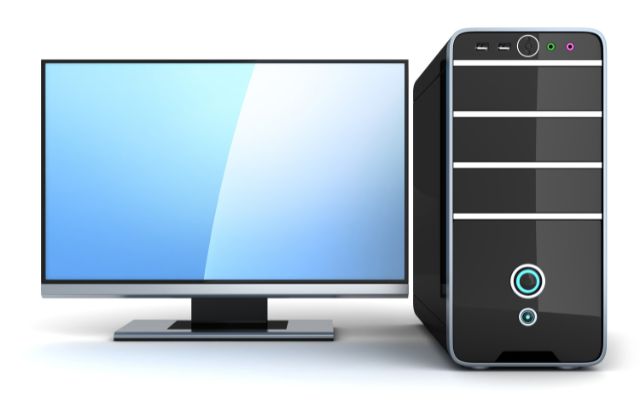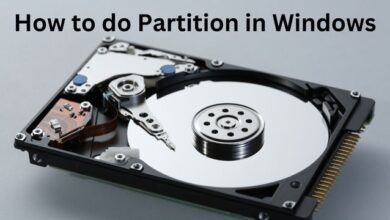How to Fix a Slow PC: Tips and Tricks

Here is How to Fix a Slow PC- If you’re dealing with a slow PC, you’re not alone. Many people experience this issue at some point, but the good news is that there are steps you can take to speed up your computer. Whether your PC is slow due to outdated hardware, too many programs running, or a lack of free space on your hard drive, there are solutions to help you get back to a fast and efficient computing experience.
In this article, we’ll cover a range of tips and tricks for fixing a slow PC, from simple optimizations to more advanced troubleshooting steps. So, if you’re ready to breathe new life into your computer, let’s get started!
How to Fix a Slow PC
If you’re struggling with a slow PC, don’t worry, as this is a common problem. There are several ways to speed up your computer and get it back to running smoothly. Here are some tips and tricks to help you fix a slow PC:
- Remove unwanted programs and files: Your PC may be running slow because it has too many programs installed or has too many files stored on it. Uninstall programs that you no longer use and delete files that you no longer need.
- Run disk cleanup: Disk cleanup is a built-in utility in Windows that can help you free up disk space by removing temporary files, system files, and other unnecessary files. To run disk cleanup, type “disk cleanup” into the search bar on your PC and select the option to run it.
- Disable startup programs: Some programs run automatically when your PC starts up, slowing down the boot process. You can prevent these programs from starting automatically by using the Task Manager. Right-click on the taskbar and select “Task Manager” to access it. Then, go to the Startup tab and disable the programs that you don’t need to run at startup.
- Update drivers: Outdated drivers can cause compatibility issues and slow down your PC. Make sure you have the latest drivers for your hardware by visiting the manufacturer’s website and downloading the latest updates.
- Use an antivirus program: Having a virus or malware on your PC can slow it down significantly. Make sure you have an antivirus program installed and run regular scans to keep your computer free from infections.
- Defragment your hard drive: Over time, files on your hard drive can become fragmented, slowing down the access time for these files. Use the built-in Disk Defragmenter tool in Windows to defragment your hard drive and improve its performance.
- Add more RAM: If your PC is still slow after trying all of the above tips, adding more RAM (Random Access Memory) can help. RAM is a type of memory that your computer uses to store data, and having more of it can improve the performance of your PC.
By following these tips and tricks, you can quickly and easily fix a slow PC and get it back to running smoothly. However, if you’re still having trouble, it may be time to consider upgrading your hardware or seeking professional help.
- How to fix GPU Slowdown Issue Caused by Discord Update
- How to Fix Slow Internet on Google Nest Pro WiFi
- How to Fix Slow Startup on Windows 10
Why my PC is so Slow?
There are several reasons why your PC may be running slow. Here are some of the most common reasons:
- Not enough RAM: If your PC doesn’t have enough RAM, it can slow down as it tries to compensate for the lack of memory.
- Too many programs running: Having too many programs open at once can slow down your PC. Close any programs that you’re not using to free up system resources.
- Hard drive is full: If your hard drive is almost full, your PC may slow down. Make sure you have enough free space on your hard drive by deleting files that you no longer need.
- Outdated hardware: If your PC is more than five years old, the hardware may be outdated and slow down your PC. Consider upgrading your hardware if this is the case.
- Viruses and malware: Having a virus or malware on your PC can slow it down significantly. Make sure you have an antivirus program installed and run regular scans to keep your computer free from infections.
- Outdated drivers: Outdated drivers can cause compatibility issues and slow down your PC. Make sure you have the latest drivers for your hardware by visiting the manufacturer’s website and downloading the latest updates.
- Fragmented hard drive: Over time, files on your hard drive can become fragmented, slowing down the access time for these files. Use the built-in Disk Defragmenter tool in Windows to defragment your hard drive and improve its performance.
By identifying the reason why your PC is slow, you can take the necessary steps to fix the problem and get your PC running smoothly again.







